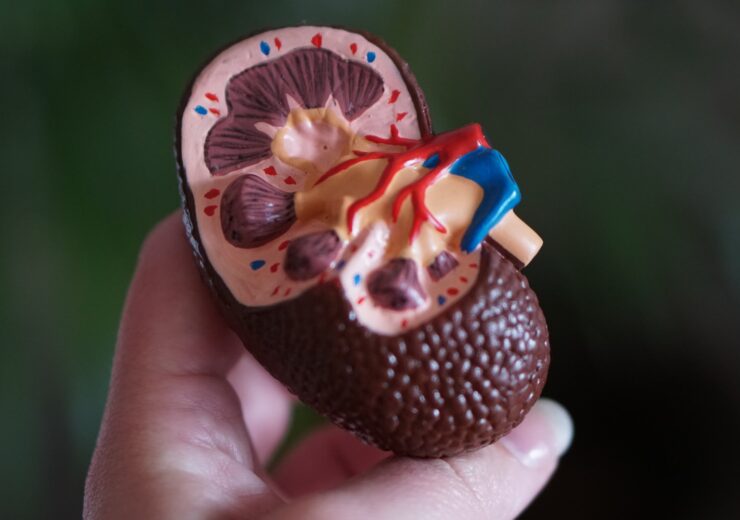Thermo Fisher Scientific, Devyser's commercialization partner for these products, can now market and sell the regulatory-approved products in all European markets, in accordance with their launch plans

These tests are the first post-transplant monitoring NGS products to be approved under the new, more comprehensive regulation. (Credit: Robina Weermeijer on Unsplash)
Devyser’s novel test for detecting donor-derived cell-free DNA in blood samples from kidney-transplant patients and its product for screening and follow-up of stem cell transplanted patients fulfill IVDR requirements in Europe. These tests are the first post-transplant monitoring NGS products to be approved under the new, more comprehensive regulation that came into force in May 2022 and confirm Devyser’s two NGS products meet the established safety, efficacy, and quality requirements.
Thermo Fisher Scientific, Devyser’s commercialization partner for these products, can now market and sell the regulatory-approved products in all European markets, in accordance with their launch plans.
The IVDR approved products are One Lambda Devyser Chimerism, for early detection of mixed chimerism in stem cell transplanted patients, and One Lambda Devyser Accept cfDNA, a novel test for the detection of donor-derived cell-free DNA in blood samples from kidney transplant patients.
“Over the last two and half years, we have been working extensively in developing our products for post-transplant monitoring of stem cell transplanted and kidney transplanted patients. We have seen much interest in the products, and many have been waiting for the regulatory approvals. With the European IVDR approvals in place, we are excited to partner with Thermo Fisher, the leading innovator in transplant diagnostics, in order to market and sell these products in Europe,” says Fredrik Alpsten, CEO at Devyser.
From May 26, 2022, all new medical devices to be sold in Europe must comply with the new IVD Regulation (IVDR) to ensure the highest level of public health protection.
The transplantation market is growing rapidly due to a larger aging population and higher incidence of chronic diseases. However, there is a shortage of organs globally, and many patients are currently on waiting lists for new organs. Kidney transplantation is the most common organ transplantation. End-stage renal disease (ESRD) affects 2 million people globally, and the most common causes of kidney disease are type 1 diabetes, high blood pressure, and kidney inflammation. In 2021 approximately 92,000 kidney transplantations were performed globally. Compared to dialysis, kidney transplantation provides higher patient survival and superior quality of life. From a health economic perspective, it is also more favourable.
Source: Company Press Release
